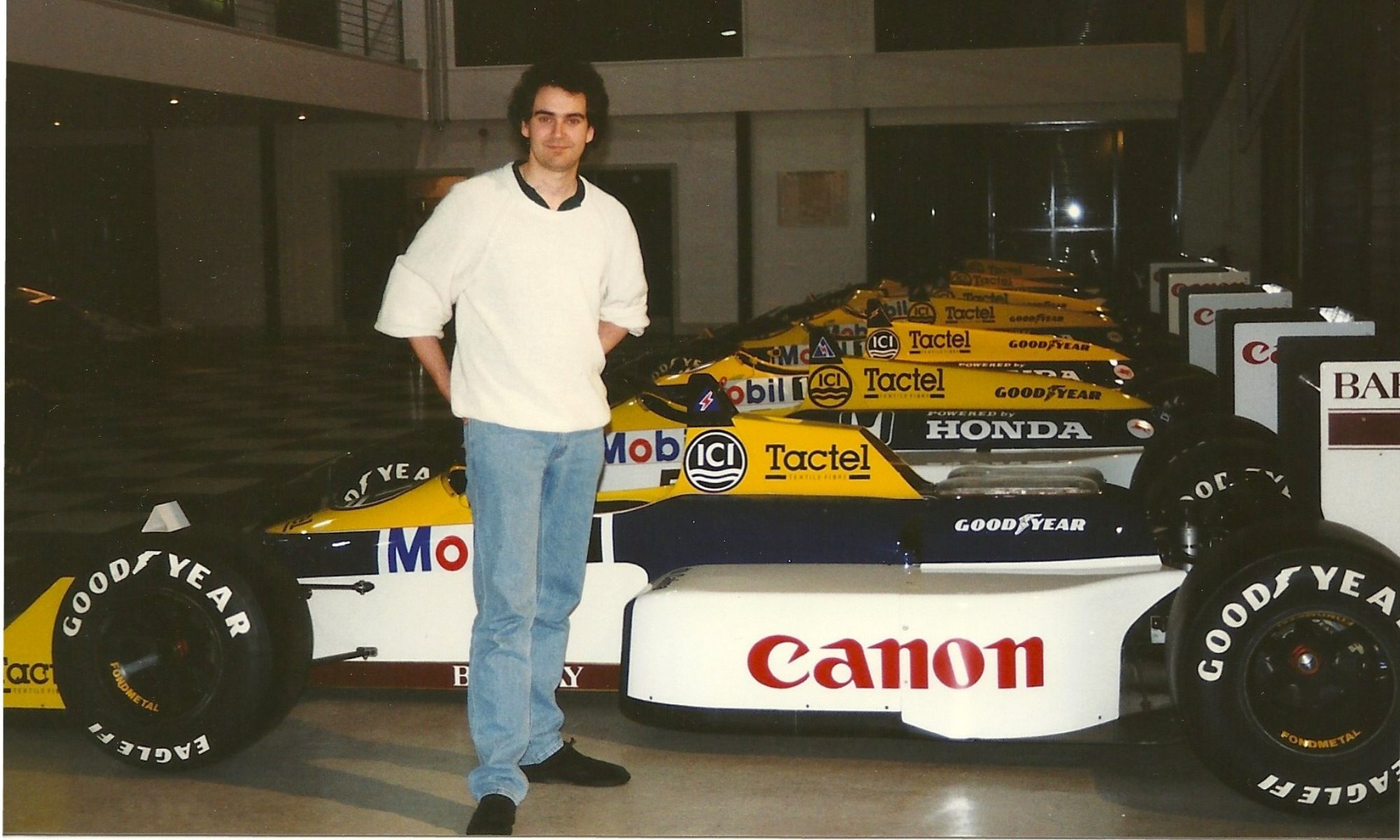On a trip up North over the last few days we visited Scarborough home of the Stephen Joseph Theatre. Most closely associated with Alan Ayckbourn (all but four of his plays have debuted there) but we weren’t seeing an Ayckbourn but the revival of a play called Constellations by Nick Payne.
When we got in to the theatre we found someone in our seats and there was that usual awkwardness when you are thinking is it us or them? Fortunately there was someone from the theatre on hand to sort it out. Turned out that those in our seats had tickets for the previous day but as the place wasn’t full they were happily accommodated elsewhere.
Constellations looks at the relationship between a young couple from beginning to end but through the lens of the multiverse. I noticed that there was a large section in the programme titled “What is the Multiverse?” which was clearly aimed at those that aren’t Marvel fans or hadn’t seen Everything, Everywhere all at Once as the multiverse is quite en vogue at the moment. Constellations debuted in 2012 so was well ahead of the game but I suspect it was revived in response to the current multiverse popularity.
The play is a two hander staring Carla Harrison-Hodge (a university astrophysicist) and Emilio Iannucci (a bee keeper) who must be related to Armando in some way especially as I see from IMDb he was in Death of Stalin. It starts looking at how the two meet and the possible outcomes of that – he’s married, she’s not interested etc but then quickly homes in on the relationship when they together including their separation through infidelity.
Unsurprisingly some sections were repeated with the only difference being how the message was delivered or received allowing Iannucci in particular to show off his range. But that also meant that some bit became repetitive and didn’t add much. I could probably now recite the bee proposal scene without too much difficulty. This repetition ultimately was the undoing of the play for me as it became too fixated on the cancer that was the end of the relationship without looking too much at any other potential ending.
The amateur theatre critic in our party came out and declared “What a load of codswallop”. I didn’t quite subscribe to that viewpoint. It was fine, well acted and staged with great use of lighting but it was too fixated on the cancer scenes at the end. What wasn’t explored was if he was the astrophysicist and she was the bee keeper (as must have been the case in another alternative universe) nor what would have happened if he’d been the one with cancer. At just under an hour and a half I know that not everything can be done but ultimately it just felt slight unsatisfying.
Of course if you believe in the multiverse then there must surely be one where it was us that had got the date of the show wrong, one where I enjoyed the play more, another where we never went and one where I was Emilio Iannucci but who knows?

